Welcome, fellow outdoor enthusiasts! Today, we delve into a crucial topic that often takes a backseat when discussing camping skills: mental health safety. In outdoor adventures, where nature’s beauty meets the thrill of the unknown, prioritizing mental well-being is paramount.
Table Of Content
- Tips for Managing Anxiety While Camping
- Familiarize Yourself with the Environment
- Practice Deep Breathing and Mindfulness
- Pack Comfort Items
- Establish a Routine
- Stay Connected
- Engage in Gentle Activities
- Embrace Nature’s Healing Power
- How to Create a Relaxing Camping Environment for Mental Health Safety
- Surround Yourself with Nature’s Healing Powers
- Create a Cozy Sanctuary in the Wilderness
- Practice Mindfulness and Grounding Techniques
- Stay Active and Engage in Outdoor Activities
- Create a Supportive Camping Community
- Effective Strategies for Coping with Anxiety Outdoors
- Practice Deep Breathing and Mindfulness
- Stay Active and Engage in Physical Activities
- Connect with Nature
- Limit Technology and Unplug
- Importance of Prioritizing Mental Health Safety During Camping Trips
- Tips for Managing Anxiety While Camping
- How to Create a Relaxing Camping Environment for Mental Health Safety
- Effective Strategies for Coping with Anxiety Outdoors
- Utilizing Nature to Improve Mental Well-being While Camping
- Tips for Managing Anxiety While Camping
- How to Create a Relaxing Camping Environment for Mental Health Safety
- Effective Strategies for Coping with Anxiety Outdoors
- Importance of Prioritizing Mental Health Safety During Camping Trips
- Building Resilience and Mindfulness in the Great Outdoors
- Building Resilience and Mindfulness in the Great Outdoors
- Tune into Nature’s Therapeutic Symphony
- Embrace the Healing Power of Outdoor Activities
- Connect with Yourself and Others
- Frequently Asked Questions (FAQs)
- What is mental health safety in camping?
- How can I cope with anxiety while camping?
- What are some outdoor stress management tips?
- How can camping contribute to mental health?
As an experienced camper, I understand the significance of addressing mental health challenges like anxiety and stress in the great outdoors. The serene landscapes and fresh air can work wonders on our psyche, but we must use strategies to cope with these issues effectively.
Join me on a transformative journey as we explore practical ways to manage outdoor stress and enhance our camping experiences. Together, we will navigate the depths of coping mechanisms, mindfulness practices, and self-care techniques tailored specifically for the camping environment.
Let’s embark on this empowering expedition towards inner peace and mental resilience amidst nature’s embrace. Discover the art of camping mental health and unlock the path to holistic well-being in the wilderness—your mental wellness matters, both under the starlit sky and amidst the rustling leaves of the forest.
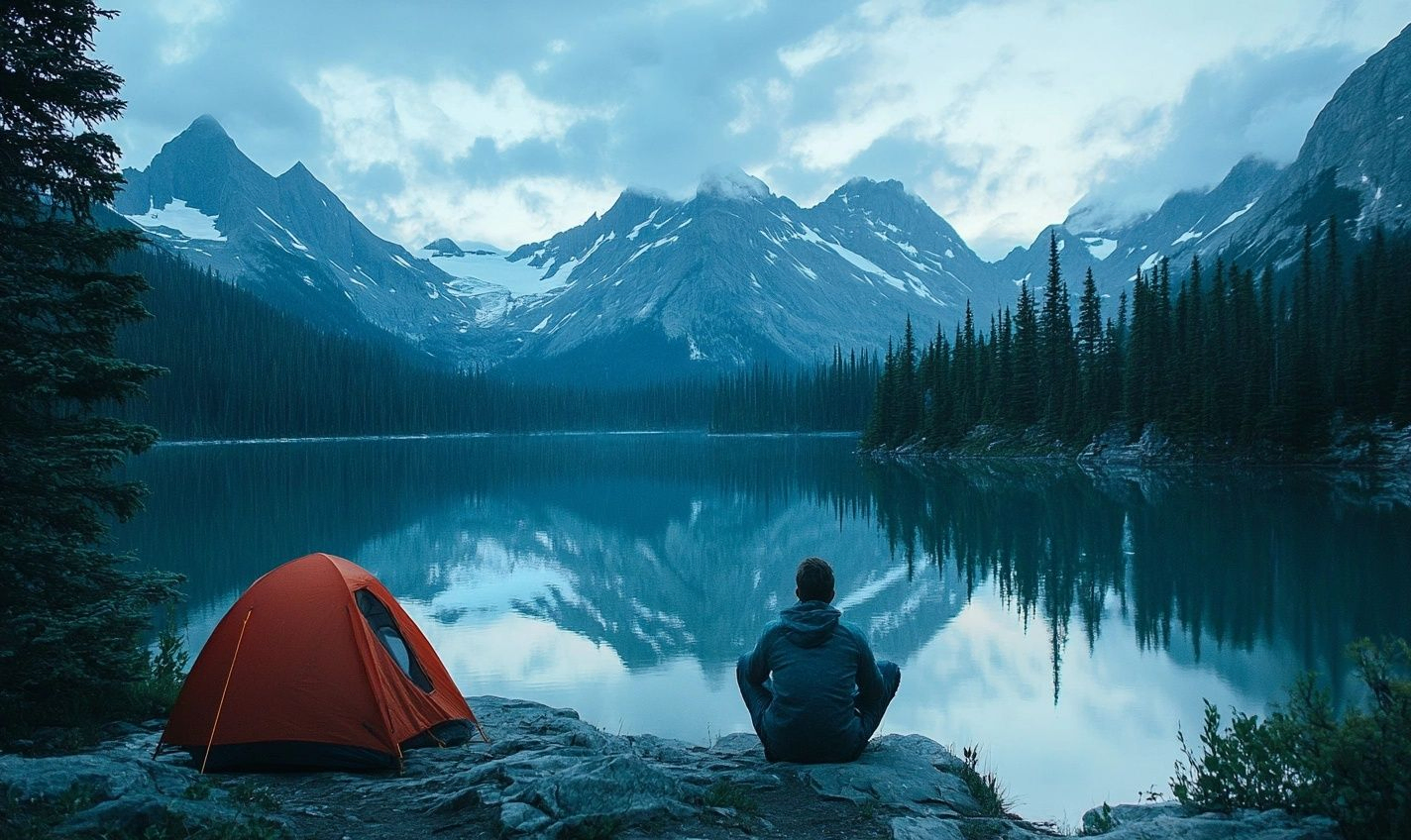
Tips for Managing Anxiety While Camping
Camping is a beautiful way to reconnect with nature, unwind, and recharge. However, for those dealing with anxiety, the idea of being away from the comforts of home can be overwhelming. But fear not; there are strategies you can employ to ensure a mentally safe and enjoyable camping experience. Here are some tips for managing anxiety while camping:
Familiarize Yourself with the Environment
Exploring the campsite upon arrival can help alleviate anxiety. Knowing where everything is located can provide a sense of security and control.
Practice Deep Breathing and Mindfulness
Deep breathing exercises and mindfulness techniques can help calm a racing mind. For example, you can focus on the sights and sounds of nature around you.
Pack Comfort Items
Bringing along comforting items such as a favorite book, cozy blanket, or soothing essential oils can offer a sense of familiarity and relaxation in unfamiliar surroundings.
Establish a Routine
Creating a daily routine can provide structure and stability. Setting aside time for meals, relaxation, and activities can help maintain a sense of normalcy.
Stay Connected
Keep in touch with loved ones during your camping trip. A quick call or text can provide reassurance and support when feeling anxious.
Engage in Gentle Activities
Participating in light activities such as nature walks, birdwatching, or stargazing can be soothing and distract your mind from anxious thoughts.
Embrace Nature’s Healing Power
Allow nature to be your therapist. The calming effect of the outdoors can work wonders for your mental well-being. Take in the fresh air, listen to the rustling leaves, and feel the sun on your skin.
Incorporating these strategies into your camping routine can help you cope with anxiety more effectively and enjoy a mentally safe and fulfilling outdoor experience. Remember, it’s okay to feel anxious, but taking steps to manage your mental health can make all the difference in your camping adventure.
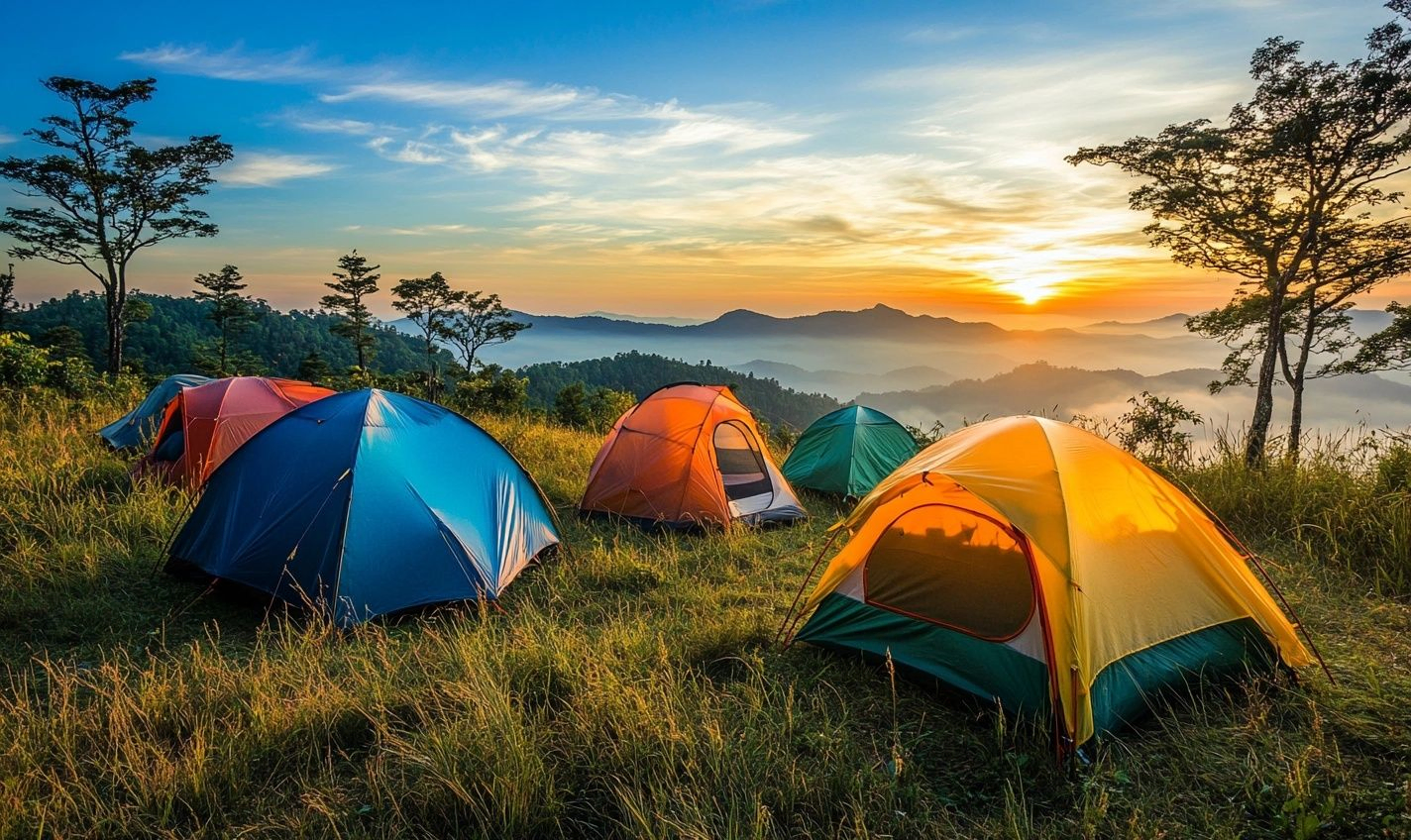
How to Create a Relaxing Camping Environment for Mental Health Safety
Welcome, fellow campers! Today, let’s discuss the importance of creating a serene and calming environment while camping to safeguard mental health. We all know that the great outdoors can provide a much-needed escape from the hustle and bustle of daily life, but it’s crucial to prioritize your mental well-being while enjoying nature.
Surround Yourself with Nature’s Healing Powers
One of the most effective ways to promote mental health safety while camping is by immersing yourself in nature’s healing embrace. The natural world’s sights, sounds, and smells can reduce stress and anxiety. So, take a moment to breathe in the fresh air, listen to the rustling leaves, and admire the beauty of your surroundings.
Create a Cozy Sanctuary in the Wilderness
Set up your campsite to promote relaxation and comfort. Think of your tent as a cozy sanctuary to unwind and recharge. Add a few personal touches like a soft blanket, a favorite book, or soothing music to create a relaxing atmosphere that nurtures your mental health.
Practice Mindfulness and Grounding Techniques
Engage in mindfulness practices such as meditation, deep breathing, or yoga to stay grounded and centered during your camping trip. These techniques can help you stay present in the moment, calm your mind, and alleviate any feelings of anxiety or unease.
Stay Active and Engage in Outdoor Activities
Physical activity benefits physical health and is vital in managing mental well-being. Go for a scenic hike, take a refreshing swim in a nearby lake, or explore nature’s beauty. Staying active outdoors can boost your mood and alleviate stress.
Create a Supportive Camping Community
Remember that you are not alone. Connect with your camping companions and lean on each other for support. Share your thoughts and feelings, lend a listening ear, and foster a sense of camaraderie. Building a supportive camping community can help you feel safe, secure, and mentally at ease.
You are following these tips and prioritizing your mental health and safety while camping, which can create a relaxing and rejuvenating outdoor experience that benefits your mind, body, and soul. Embrace the healing powers of nature and take care of your mental well-being every step of the way.
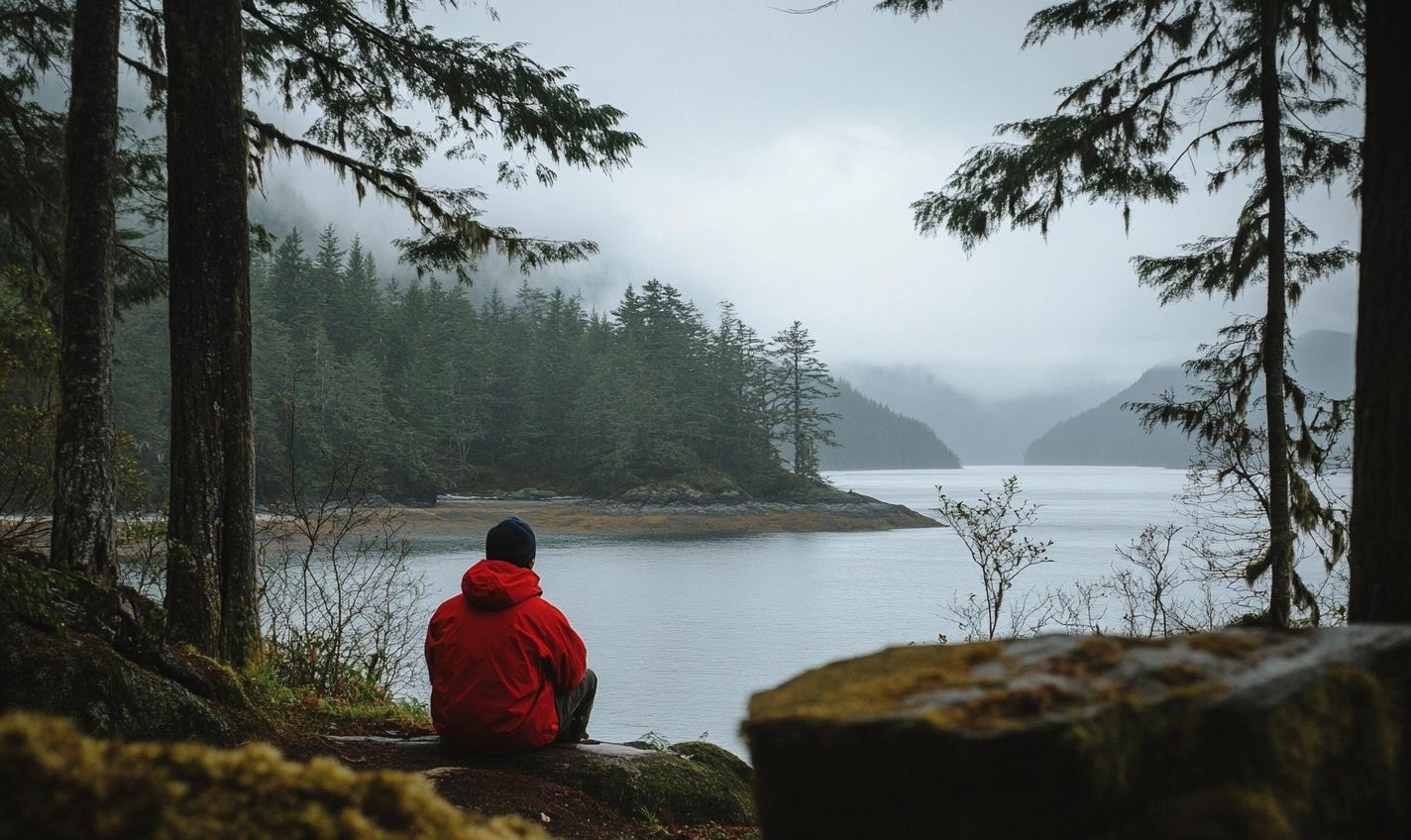
Effective Strategies for Coping with Anxiety Outdoors
When you’re out in the great outdoors, it’s essential to prioritize your mental health safety. Coping with anxiety while camping can be challenging but with the right strategies, you can manage your stress levels effectively and enjoy your time in nature. Here are some actionable tips to help you navigate outdoor stress and promote camping mental health:
Practice Deep Breathing and Mindfulness
Engage in deep breathing exercises to calm your mind and focus on the present moment. Practice mindfulness by paying attention to your surroundings, such as birds chirping or the rustling of the wind through the trees.
Stay Active and Engage in Physical Activities
Physical exercise can help release endorphins and reduce anxiety levels. Take a hike, swim, or engage in yoga to promote relaxation and improve mood.
Connect with Nature
Immerse yourself in the beauty of nature and connect with the environment around you. Take time to appreciate the natural world and find peace in its tranquility.
Limit Technology and Unplug
Limit your screen time and unplug from technology to give yourself a break from constant connectivity. Embrace the simplicity of nature and allow yourself to be fully present in the moment.
Remember, it’s okay to feel overwhelmed at times. By incorporating these strategies into your camping routine, you can effectively manage anxiety and prioritize your mental health while enjoying the benefits of the great outdoors.
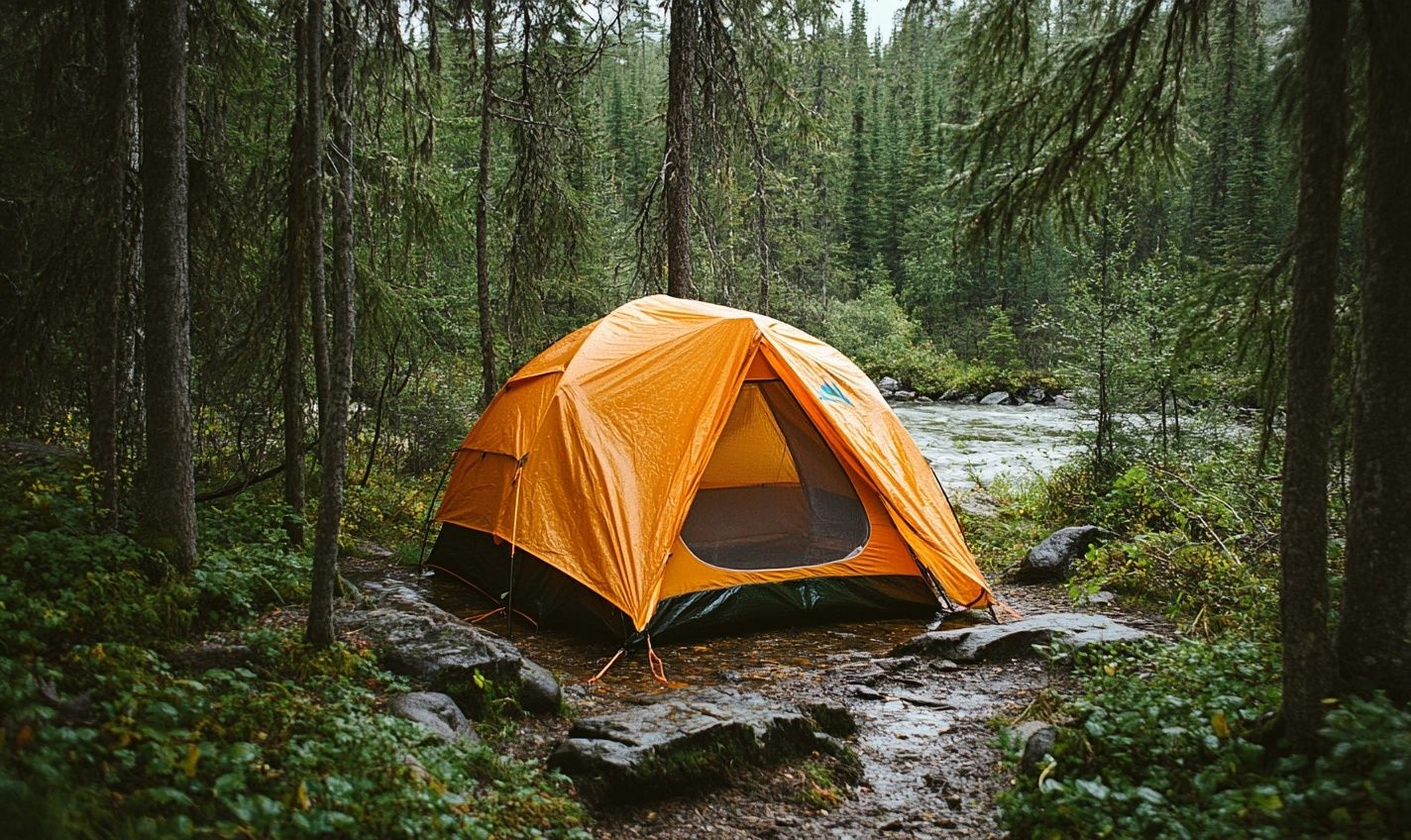
Importance of Prioritizing Mental Health Safety During Camping Trips
Embarking on a camping trip can be an exhilarating experience, allowing you to immerse yourself in the beauty of nature and create lasting memories. However, amid all the excitement, it’s crucial to prioritize mental health safety to ensure a fulfilling and refreshing outdoor adventure. Your well-being is as important as packing the right gear or setting up a cozy campsite.
Tips for Managing Anxiety While Camping
Dealing with anxiety in the great outdoors can be challenging, but it’s essential to take care of your mental health. Here are some practical tips:
- Practice deep breathing exercises to calm your mind and body.
- Engage in mindfulness activities such as meditation or yoga.
- Stay connected with your camping companions and share your feelings.
How to Create a Relaxing Camping Environment for Mental Health Safety
Your surroundings can significantly impact your mental well-being while camping. Consider the following:
- Set up a comfortable and inviting campsite with cozy bedding and seating.
- Surround yourself with nature’s soothing elements like greenery and flowing water.
- Limit distractions such as technology to immerse yourself in the outdoor experience fully.
Effective Strategies for Coping with Anxiety Outdoors
Managing anxiety in the wilderness requires a blend of preparation and self-care. Here’s how you can cope:
- Engage in physical activities like hiking or swimming to release tension.
- Keep a journal to express your thoughts and reflect on your emotions.
- Practice positive self-talk and affirmations to boost your confidence.
Camping mental health is vital to any outdoor excursion, as it influences your overall experience and enjoyment. You can create a safe and nurturing environment for your mind and body by implementing strategies to enhance your well-being during camping trips. Remember, taking care of your mental health is not a luxury but a necessity for a fulfilling outdoor adventure.
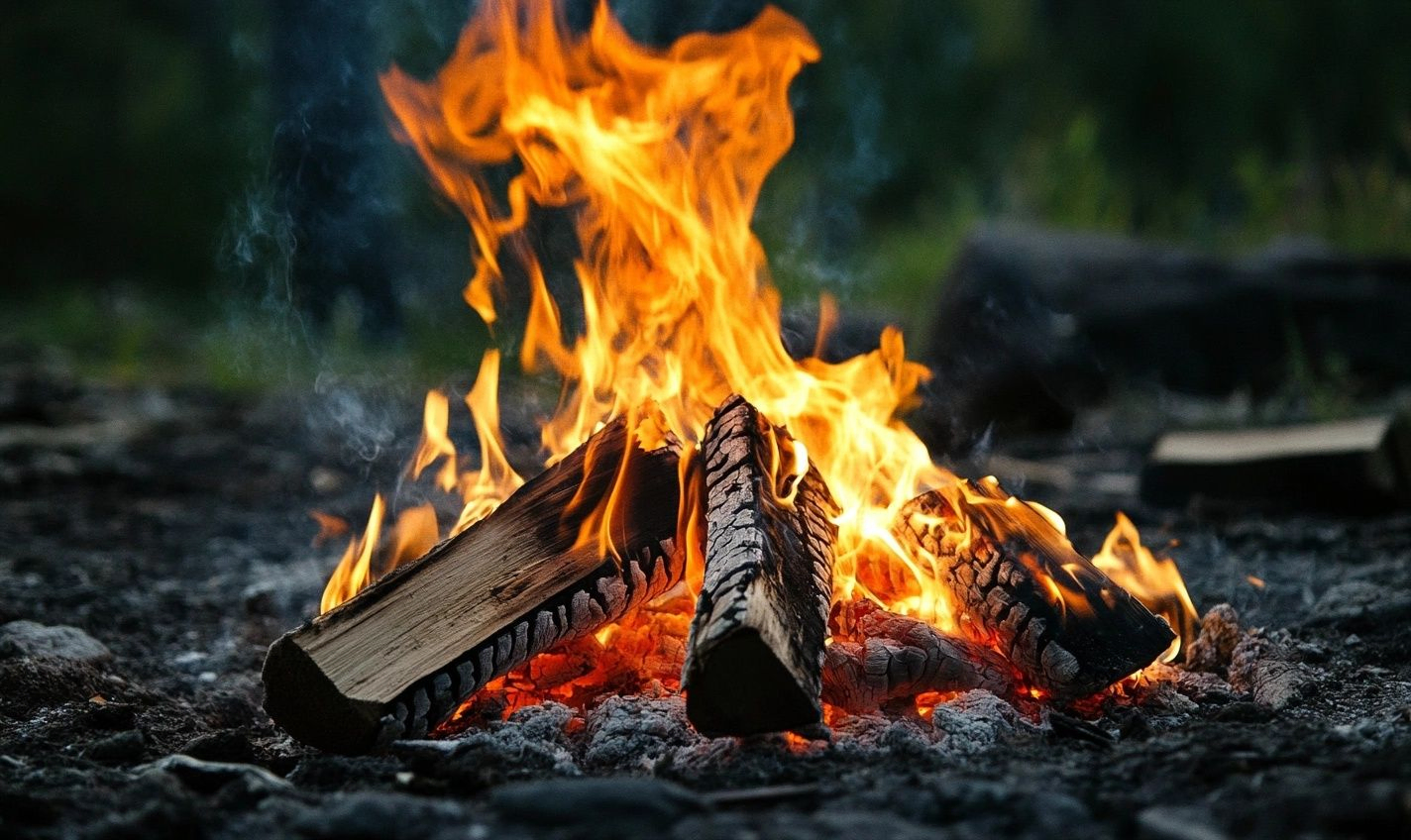
Utilizing Nature to Improve Mental Well-being While Camping
Camping outdoors offers a unique opportunity to boost mental health and well-being through nature’s healing power. It’s not just about roasting marshmallows by the campfire or sleeping under the stars; it’s a chance to reconnect with yourself and find peace amidst the chaos of everyday life.
Tips for Managing Anxiety While Camping
When anxiety creeps in, try these techniques to calm your mind:
- Practice deep breathing exercises
- Engage in grounding activities like observing nature
- Stay present in the moment
How to Create a Relaxing Camping Environment for Mental Health Safety
Set up your campsite for maximum relaxation and serenity:
- Choose a peaceful and secluded spot
- Bring comfort items that bring you joy
- Create a cozy sanctuary in your tent
Effective Strategies for Coping with Anxiety Outdoors
Don’t let anxiety hold you back from enjoying the outdoors:
- Engage in calming activities like yoga or meditation
- Stay physically active to release endorphins
- Connect with nature through hikes or stargazing
Remember, the wilderness can be a healing balm for your mind and soul. Embrace the freedom that comes with being immersed in the natural world.
Importance of Prioritizing Mental Health Safety During Camping Trips
Your well-being should always be the top priority when camping:
- Listen to your body and mind’s needs
- Don’t push yourself beyond your limits
- Seek support from your camping companions
Building Resilience and Mindfulness in the Great Outdoors
Camping is not just about survival; it’s about thriving in the wilderness:
- Practice gratitude for the beauty around you
- Cultivate mindfulness through nature walks
- Embrace challenges as opportunities for growth
So, pack your bags, lace up your hiking boots, and venture into nature to nourish your mental health and find solace in the wild. Remember, the outdoors can be your greatest ally in combatting stress and fostering a sense of inner peace.
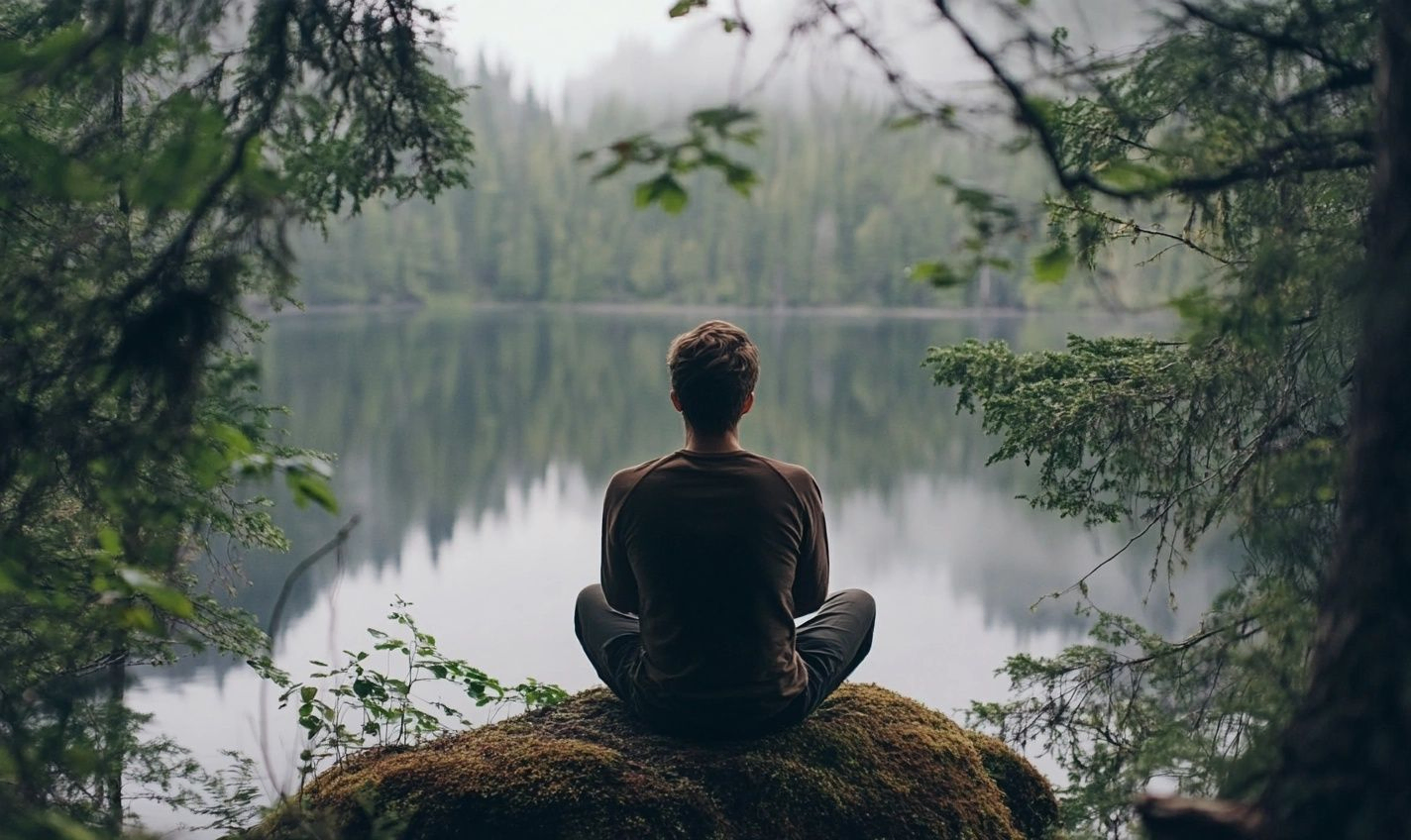
Building Resilience and Mindfulness in the Great Outdoors
Regarding camping mental health, the great outdoors can be a PowerPoint for promoting well-being and resilience. As we navigate the complexities of life, finding ways to cope with anxiety and stress becomes paramount. Fortunately, nature offers a sanctuary of peace and healing to help us build inner strength and mindfulness.
Tune into Nature’s Therapeutic Symphony
Picture yourself sitting by a crackling campfire, surrounded by the gentle rustling of leaves and the distant call of a nocturnal owl. Nature’s symphony has a soothing effect on our minds, allowing us to cultivate mindfulness and let go of our worries.
Embrace the Healing Power of Outdoor Activities
Engaging in physical activities outdoors, such as hiking, fishing, or simply basking in the sunlight, can release endorphins, the body’s natural stress-relievers. These activities not only boost our mood but also help reduce anxiety levels.
Connect with Yourself and Others
While camping, take the opportunity to connect with yourself on a deeper level. Reflect on your thoughts and feelings, practice gratitude, and engage in meaningful conversations with your camping companions. Human connection fosters a sense of belonging and reinforces mental well-being.
Building resilience and mindfulness in the great outdoors is not just about escaping from the hustle and bustle of daily life; it’s about reconnecting with our true selves and honing the skills needed to navigate life’s challenges. So, pack your camping gear, head into the wilderness, and embrace the journey towards a healthier mind and spirit.
Conclusion
As you embark on your camping adventures, remember that nurturing your mental health is as important as enjoying the great outdoors. With proper planning, mindfulness practices, and coping strategies, you can effectively manage stress and anxiety while camping. By prioritizing mental health safety and implementing these tips, you can fully immerse yourself in the beauty of nature.
Always listen to your body and mind, take breaks when needed, and engage in activities that bring you peace and joy. Remember, it’s okay to feel overwhelmed at times, but having tools to cope with anxiety can make a world of difference in your camping experience. Don’t hesitate to contact your camping buddies for support and connection.
Incorporating these mental health safety practices can create meaningful and fulfilling camping experiences that rejuvenate your soul. So, breathe in the fresh outdoor air, soak in the natural beauty, and care for your mental well-being. Camping is not just about exploring nature; it’s also about nurturing your inner self.
So, plan your next camping trip with the knowledge and skills to prioritize your mental health. Remember, a healthy mind leads to a happy camper!
Frequently Asked Questions (FAQs)
What is mental health safety in camping?
Mental health safety in camping refers to practices and strategies individuals can implement to manage and prioritize their mental well-being while enjoying outdoor activities.
How can I cope with anxiety while camping?
To cope with anxiety while camping, try deep breathing exercises, mindfulness techniques, staying organized, and maintaining a routine. Additionally, connect with nature and engage in activities you enjoy.
What are some outdoor stress management tips?
Outdoor stress management tips include practicing mindfulness, engaging in physical activities, disconnecting from technology, maintaining a healthy diet, and getting quality sleep.
How can camping contribute to mental health?
Camping can contribute positively to mental health by reducing stress levels, improving mood, increasing serotonin levels through sun exposure, and promoting relaxation in natural surroundings.





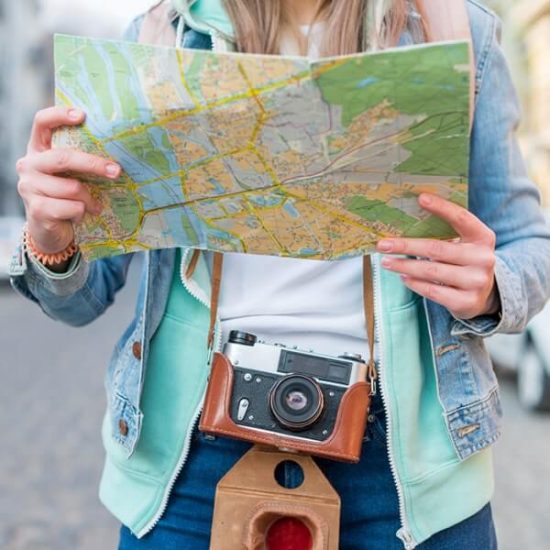
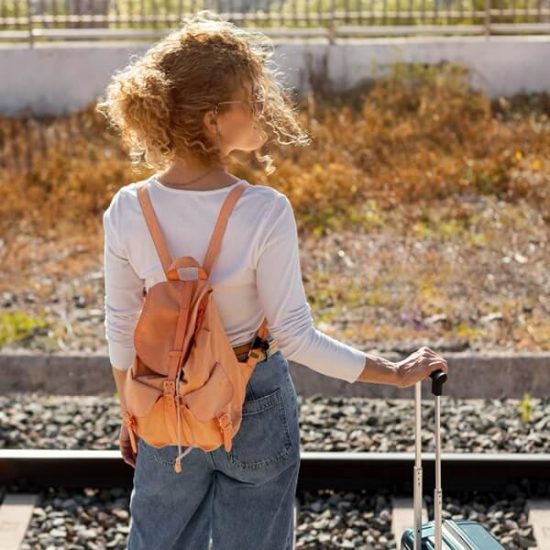
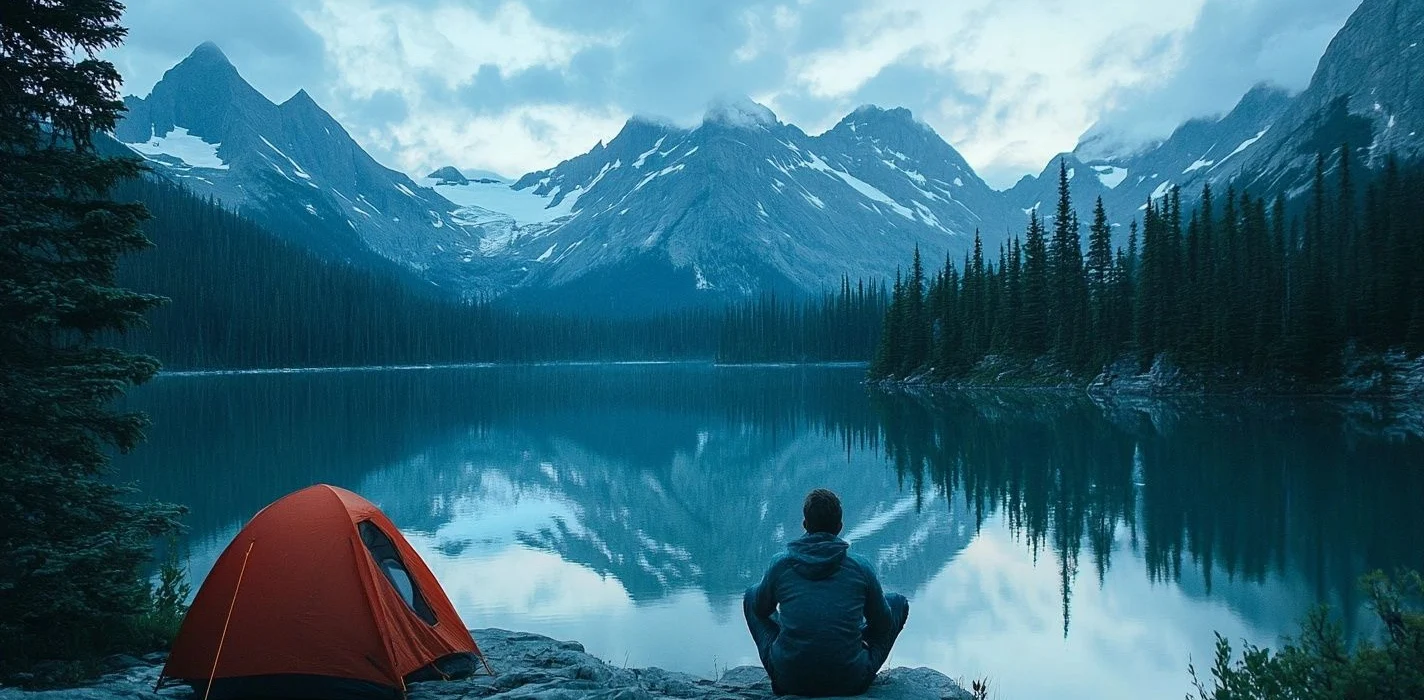
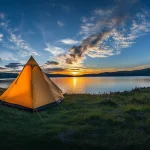
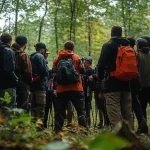
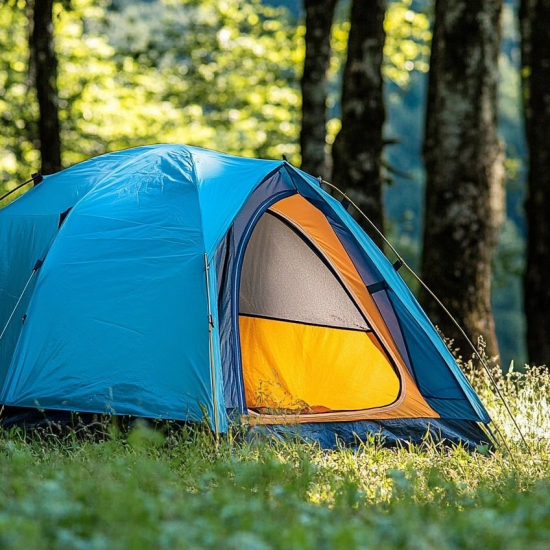
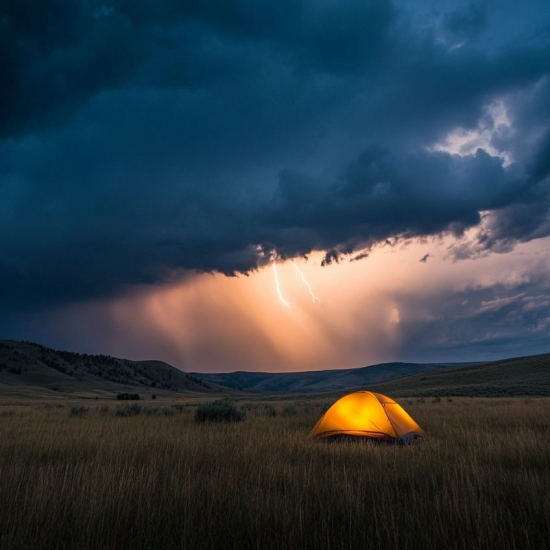
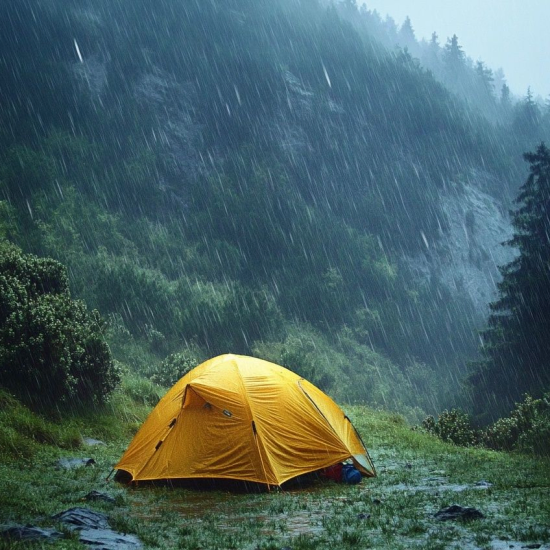
No Comment! Be the first one.